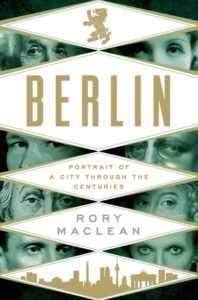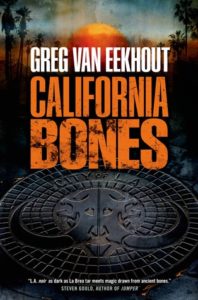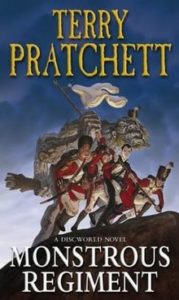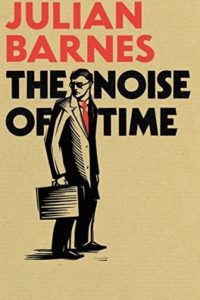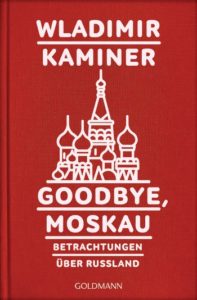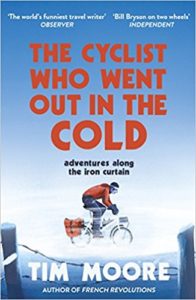Rory MacLean gave his book on Berlin the subtitle “Imagine a City.” His American publishers changed this to “Portrait of a City Through the Centuries,” which is odd because it loses the ties to MacLean’s prologue “Imagine” and epilogue “Imagine Berlin.” Further, the book is not a portrait but rather a collection of almost two dozen portraits of particular people (most of them real) who stand as exemplars of particular periods in Berlin’s history.
Before commencing with his portraits, MacLean ventures a few words on the city’s meaning:
Berlin is all about volatility. Its identity is based not on stability but on change, as wrote historian Alexandra Richie. No other city has repeatedly been so powerful, and fallen so low. No other capital has been so hated, so feared, so loved. No other place has been so twisted and torn across five centuries of conflict, from religious wars to Cold War, at the hub of Europe’s ideological struggle. (pp. 1–2)
Moscow would like a word. As perhaps would Rome and Tokyo, and in terms of being twisted and torn across five centuries of European struggles, certainly many cities in the continent’s central and eastern regions could give Berlin a run for the title. At any rate, MacLean has not written a comparative treatise, and the book is much better when it is particular than when it is general.
MacLean also has a personal stake. He appears in later chapters involving Marlene Dietrich and David Bowie. His engagement with Berlin started earlier, as “a teenage traveller ‘doing’ Europe.” He continues:
During a happy, footloose summer I climbed the Eiffel Tower, tripped down the Spanish Steps and felt the earth move under the stars on an Aegean beach. Then on the last week of the holiday I saw the Wall. The sight of the heinous barrier shook me to my core. At the heart of the Continent were watchtowers, barbed wire and border guards instructed to shoot fellow citizens who wanted to live under a different government. …
Throughout that week I was drawn again and again to the Wall. I stood for hours on the wooden observation platform at the end of a bizarre cul-de-sac overlooking vanished Potsdamer Platz. I stared in silence across the death strip, stunned that a clash of ideas could be set in cement at the centre of a city. (pp. 2–3)

